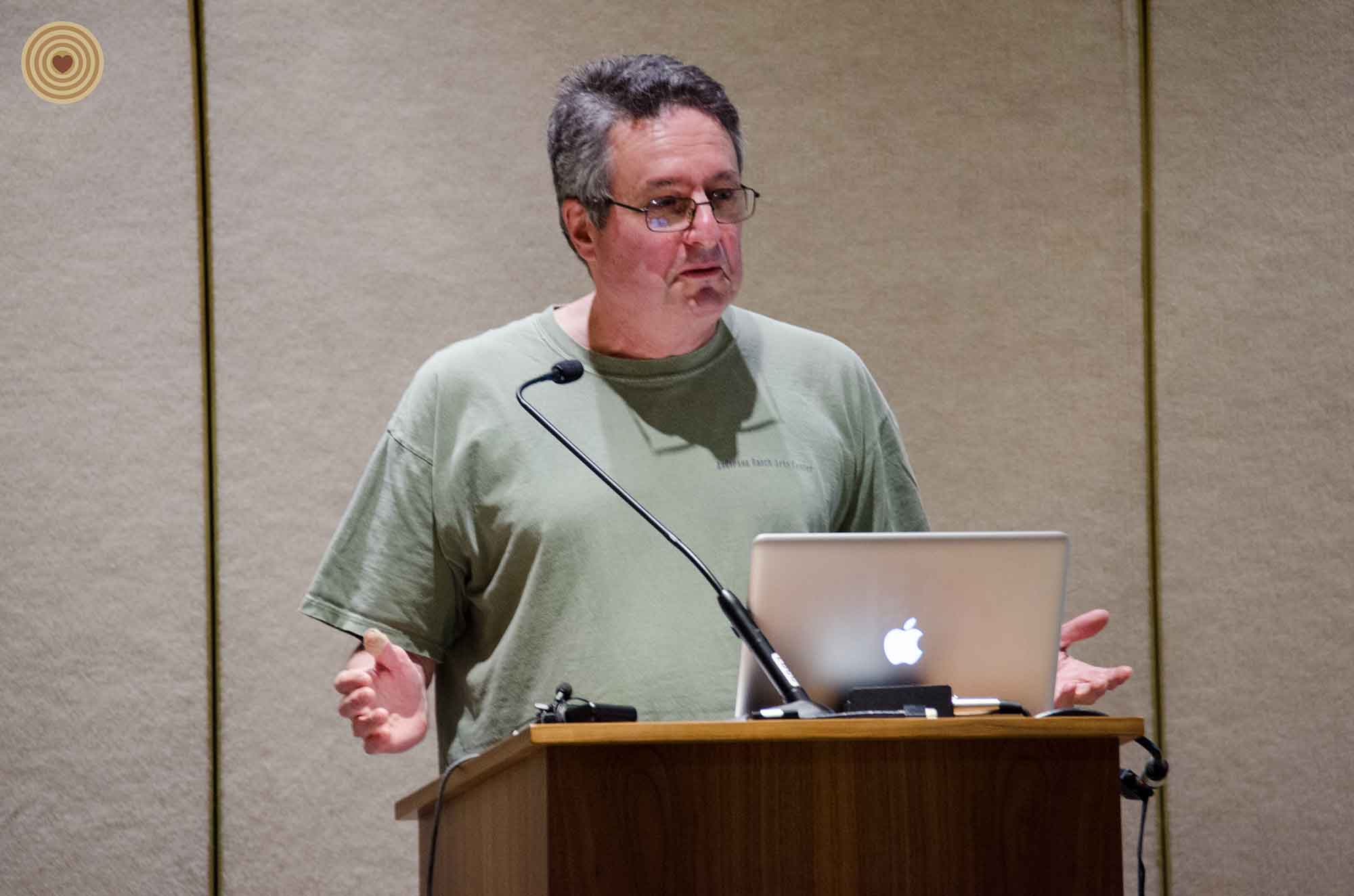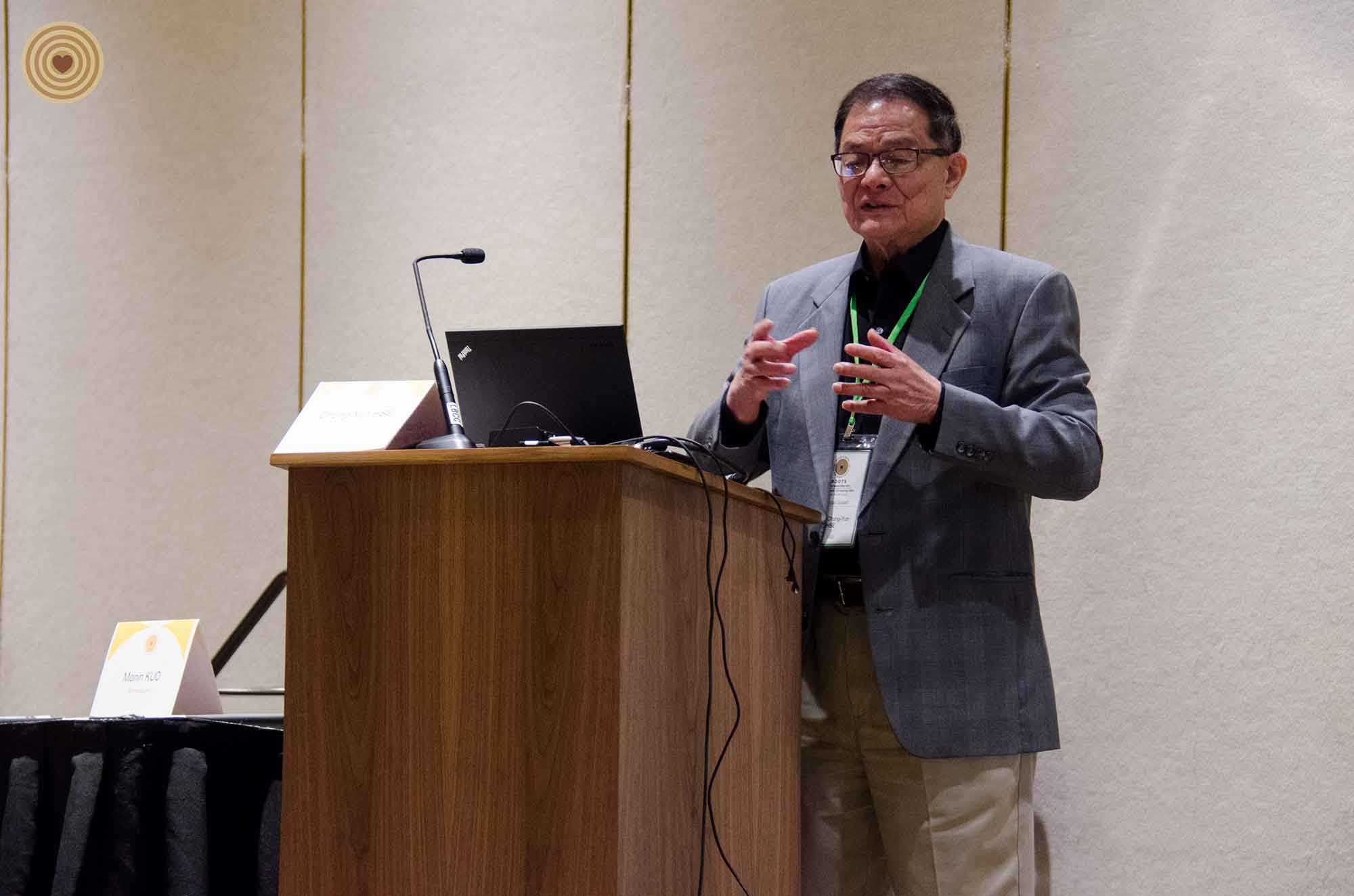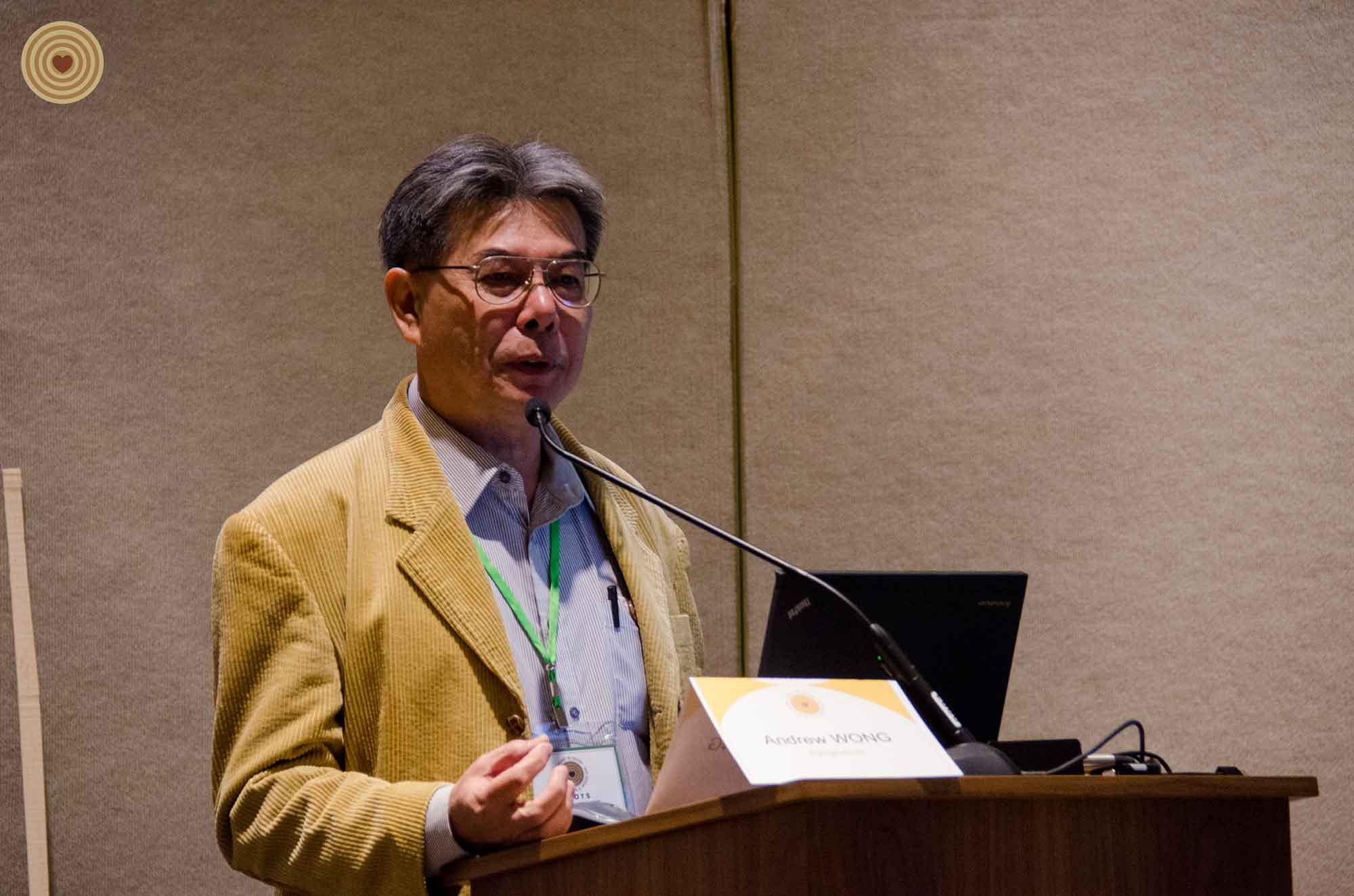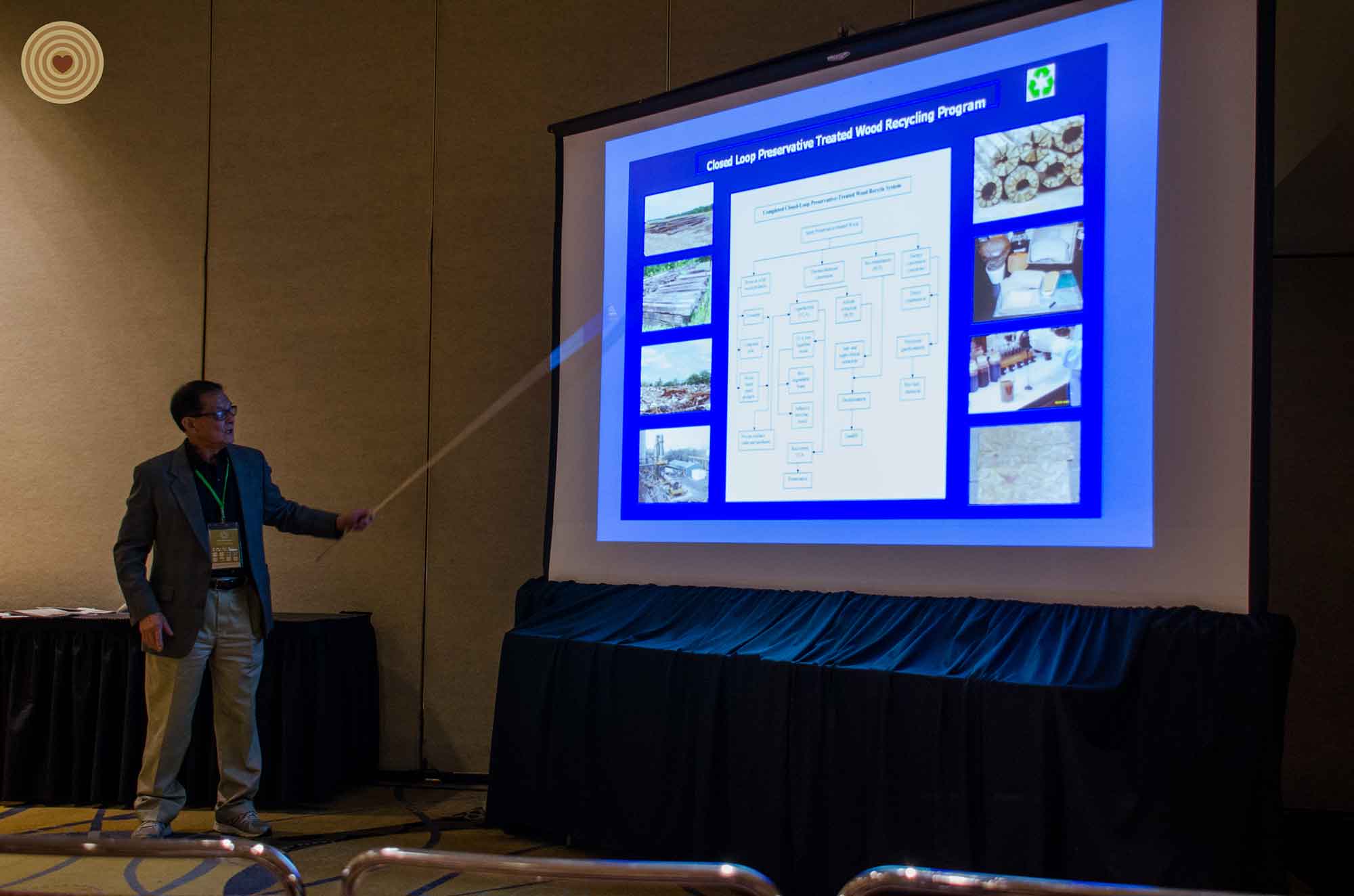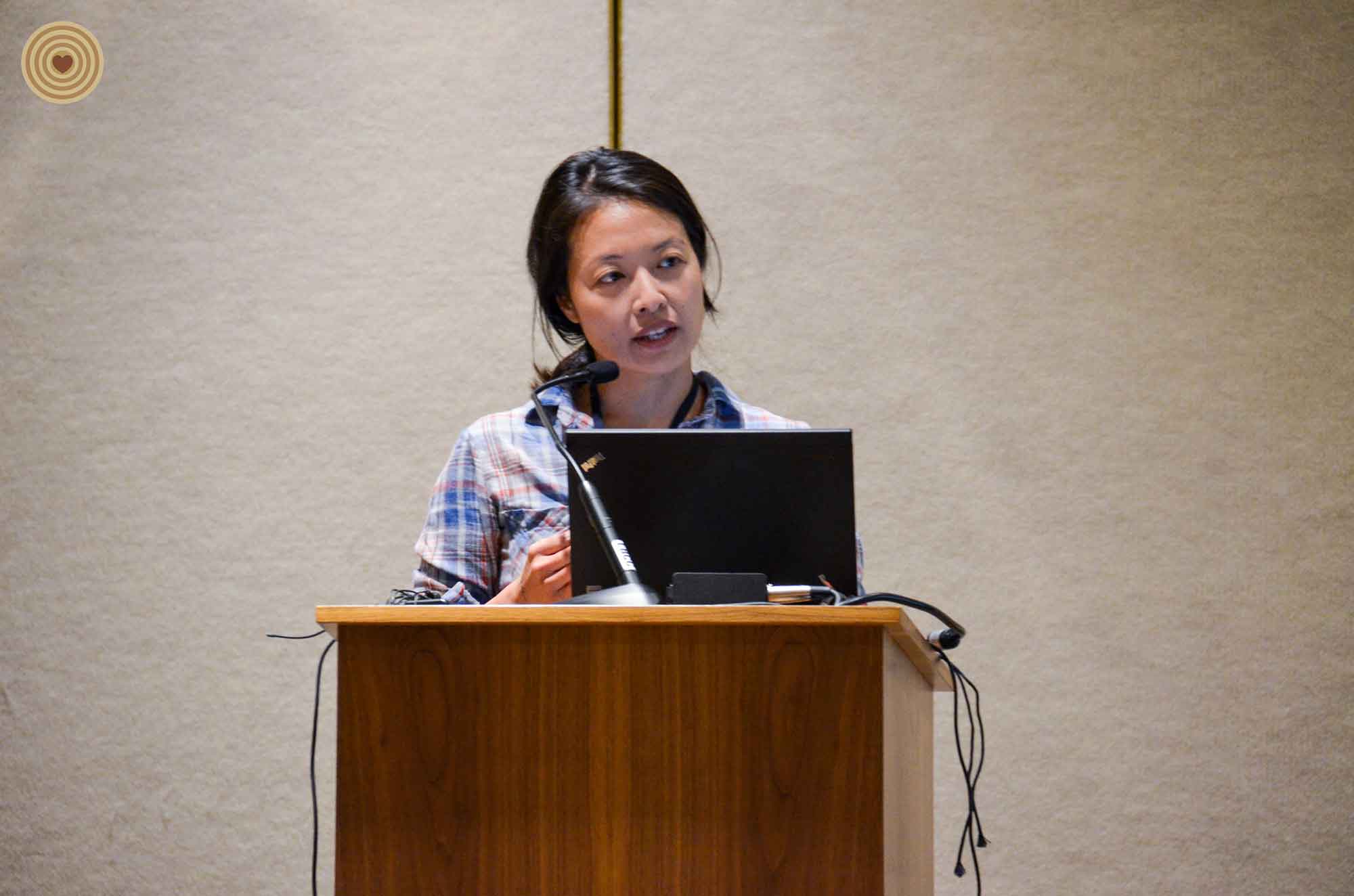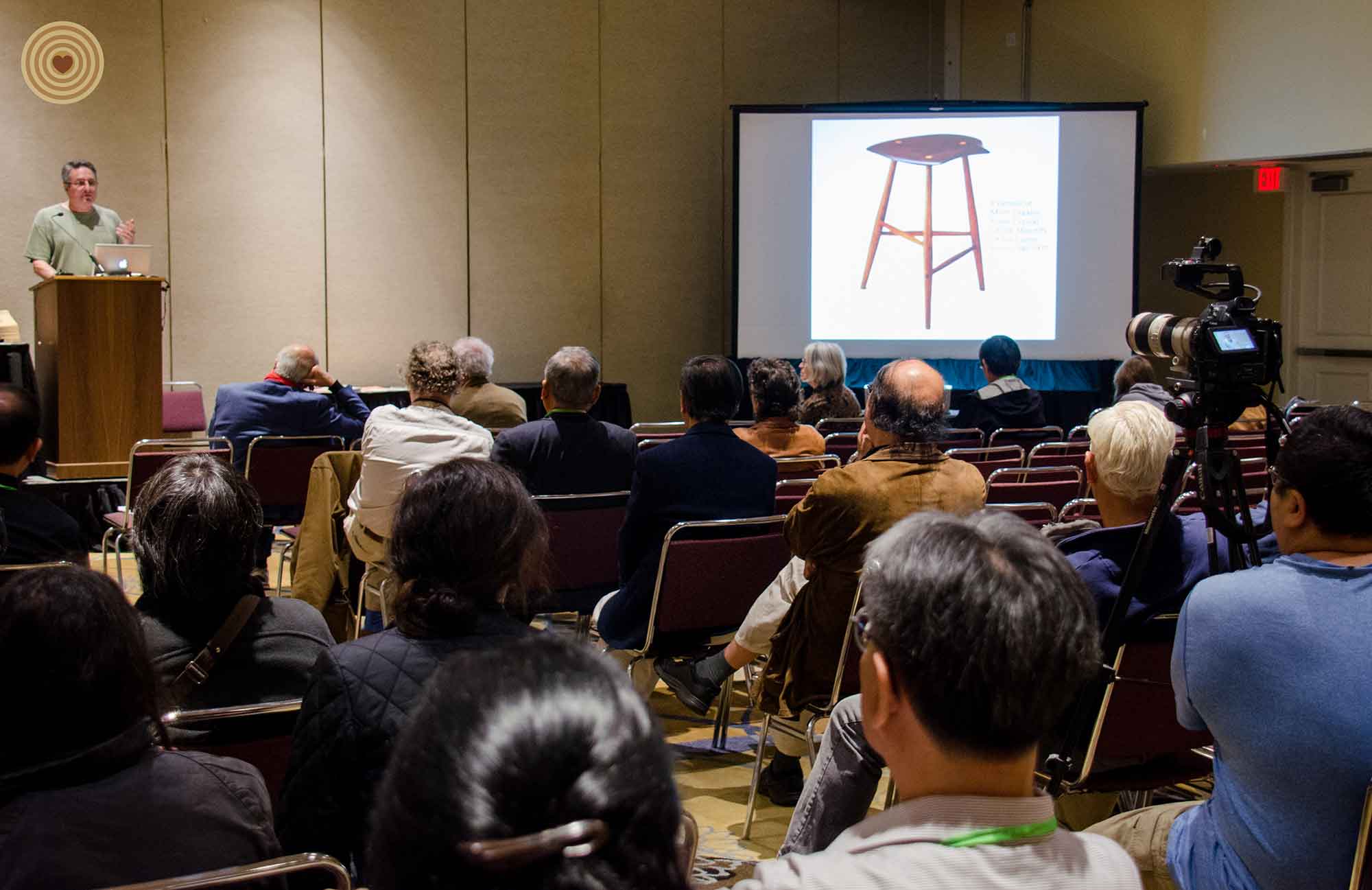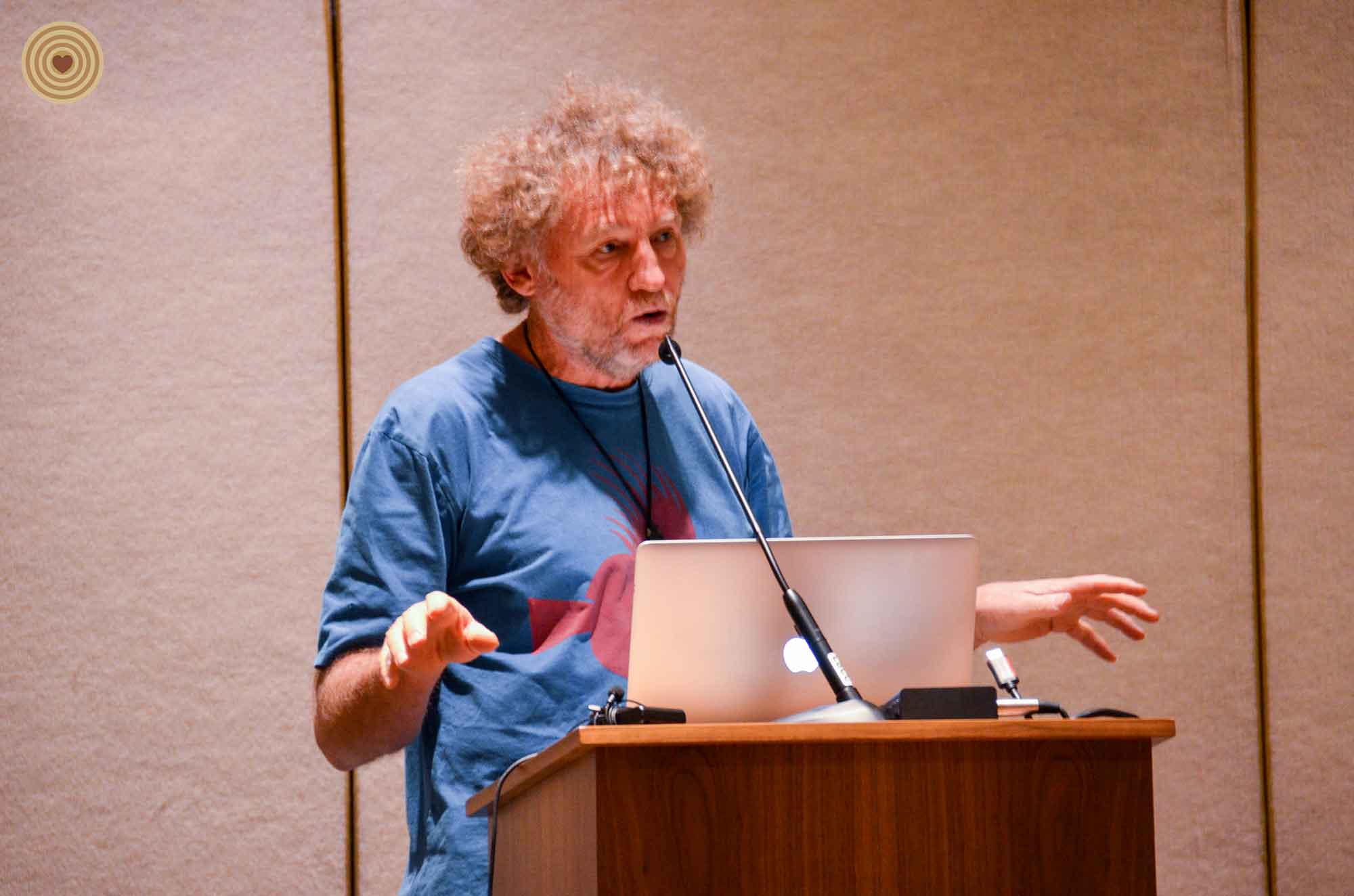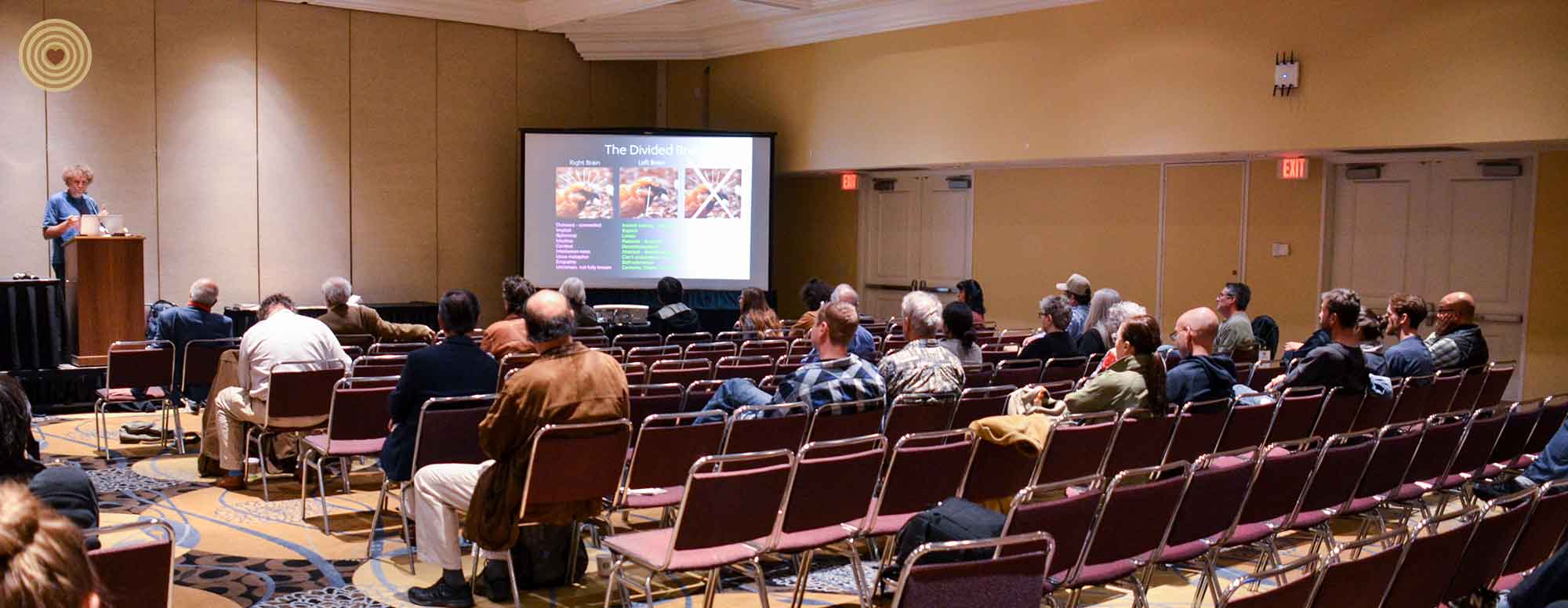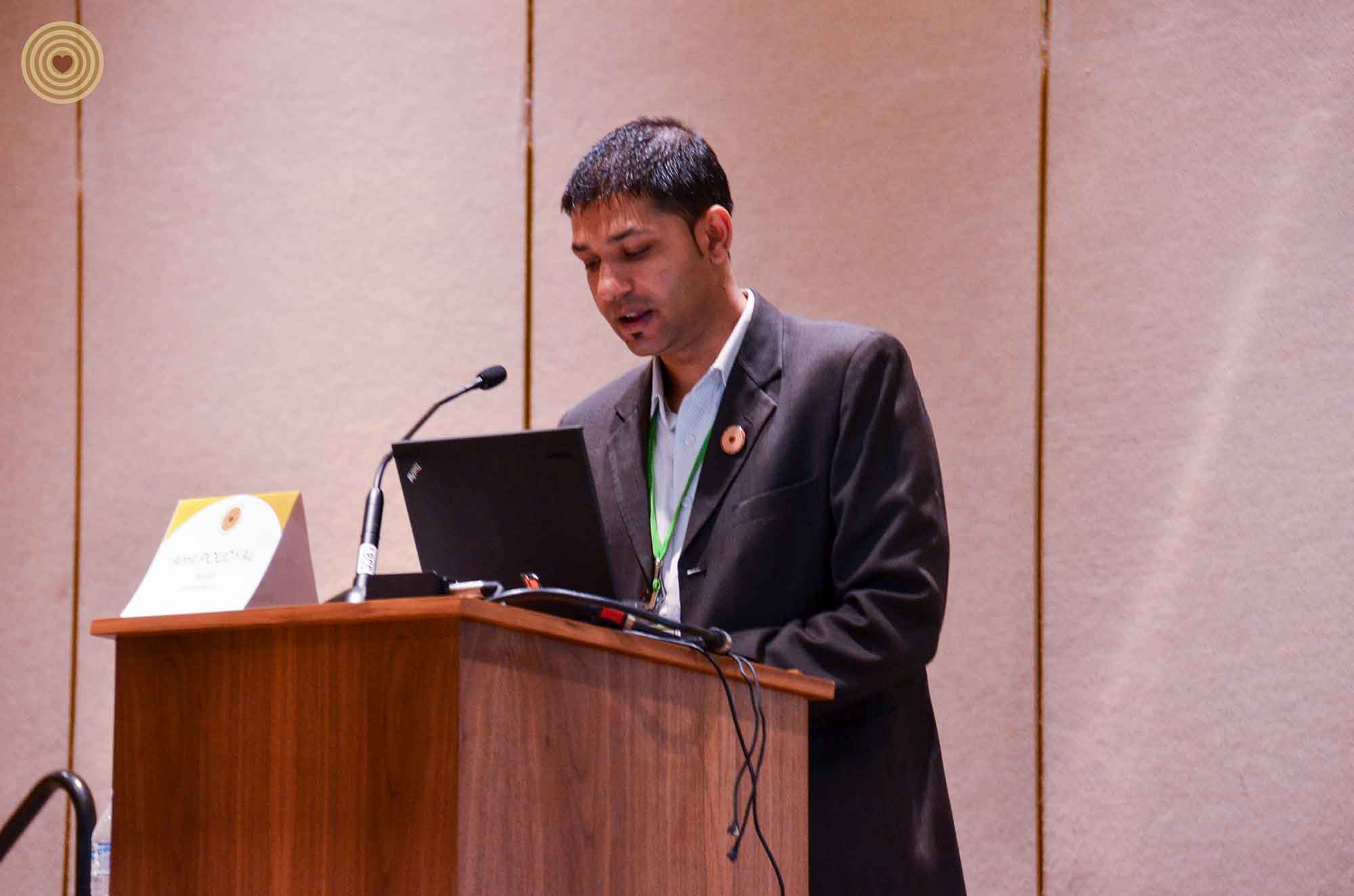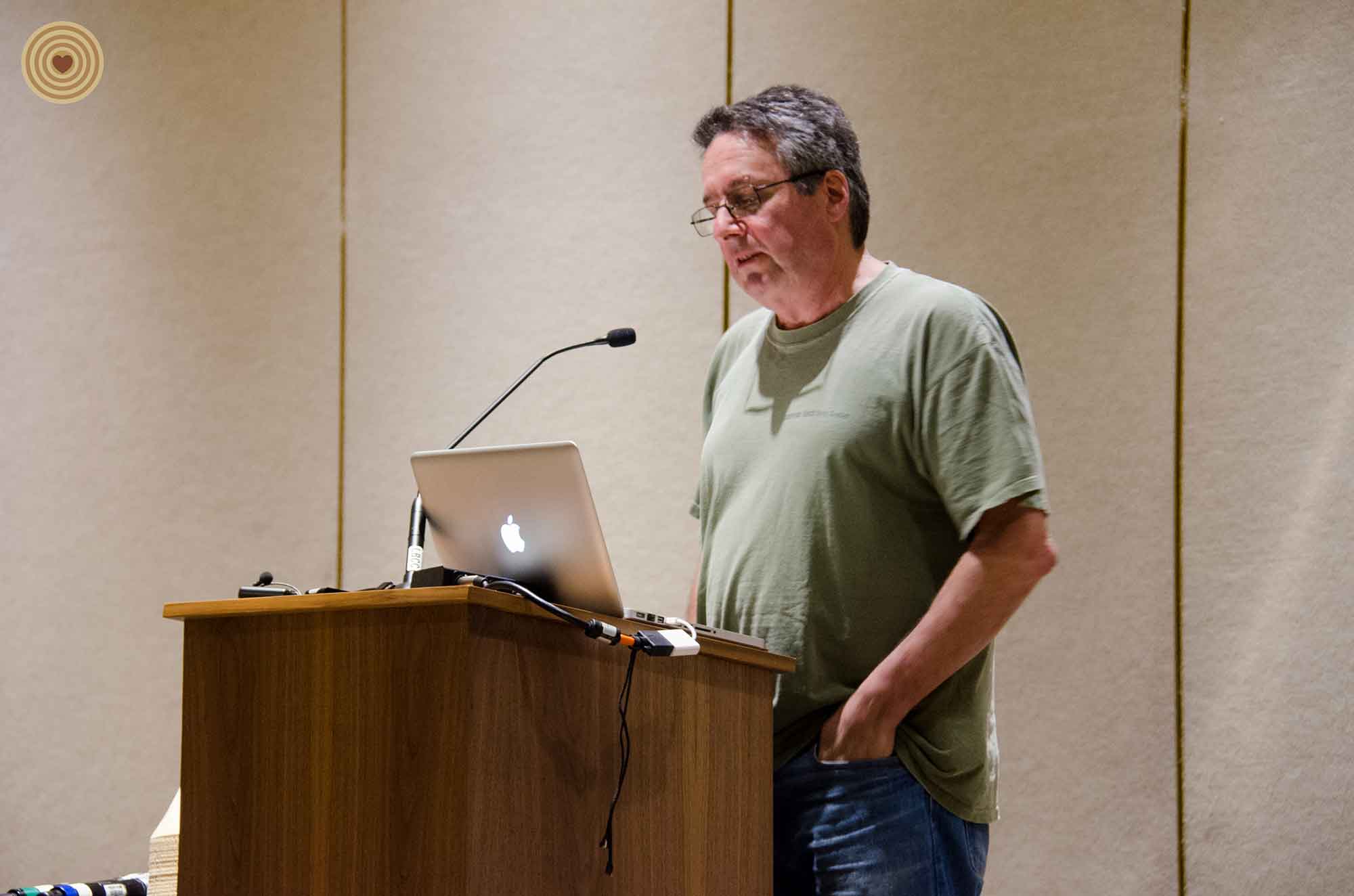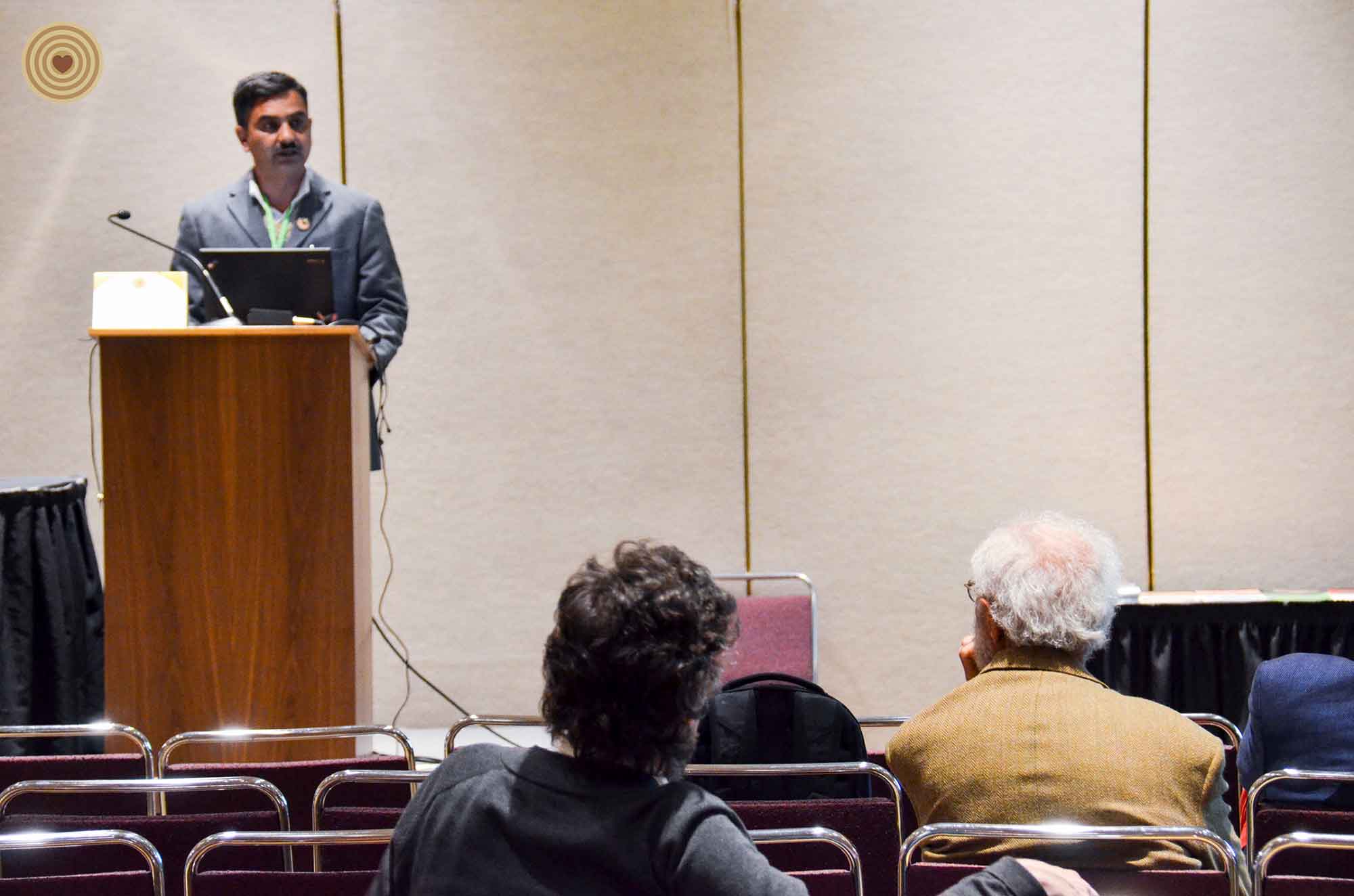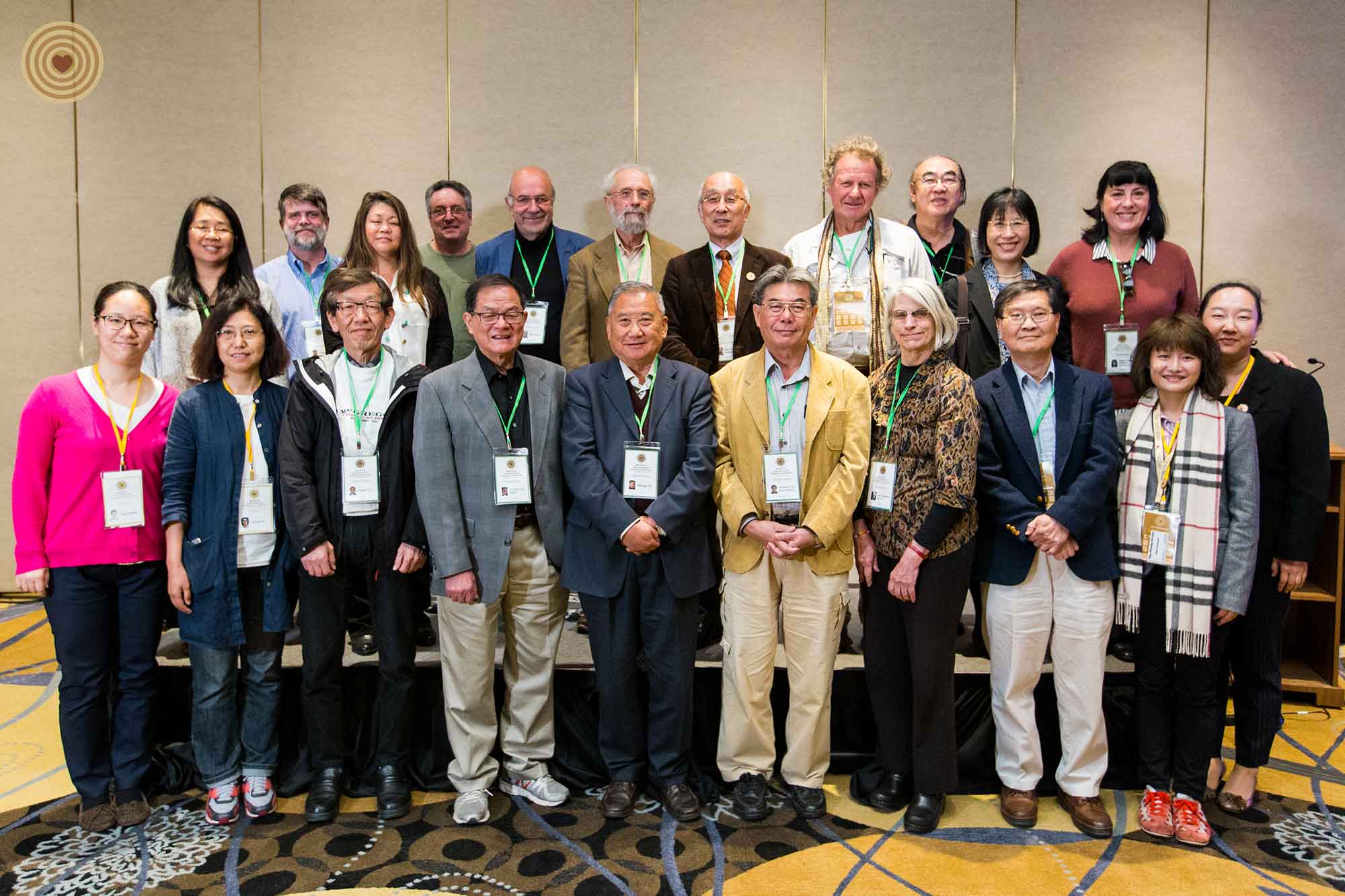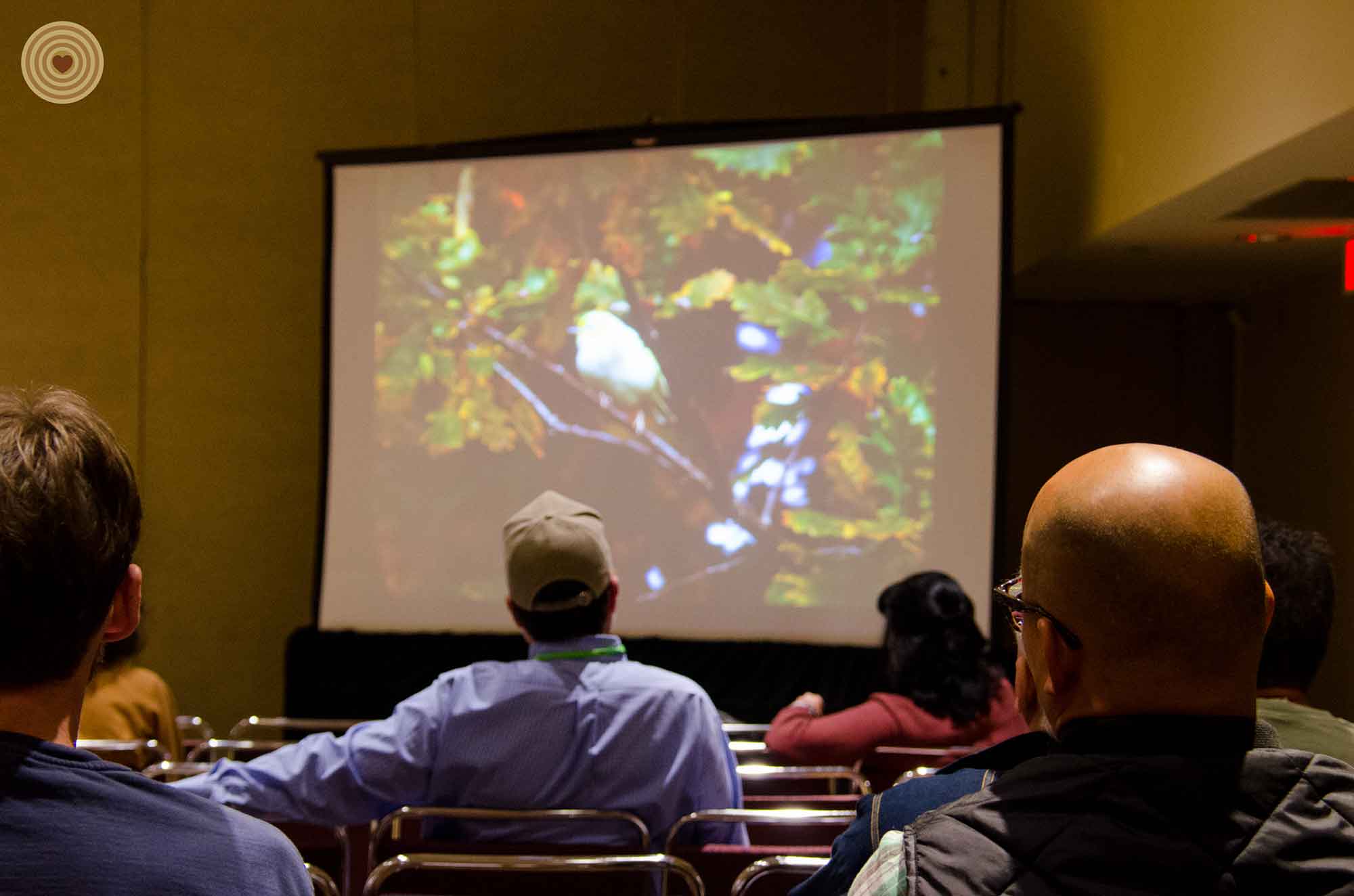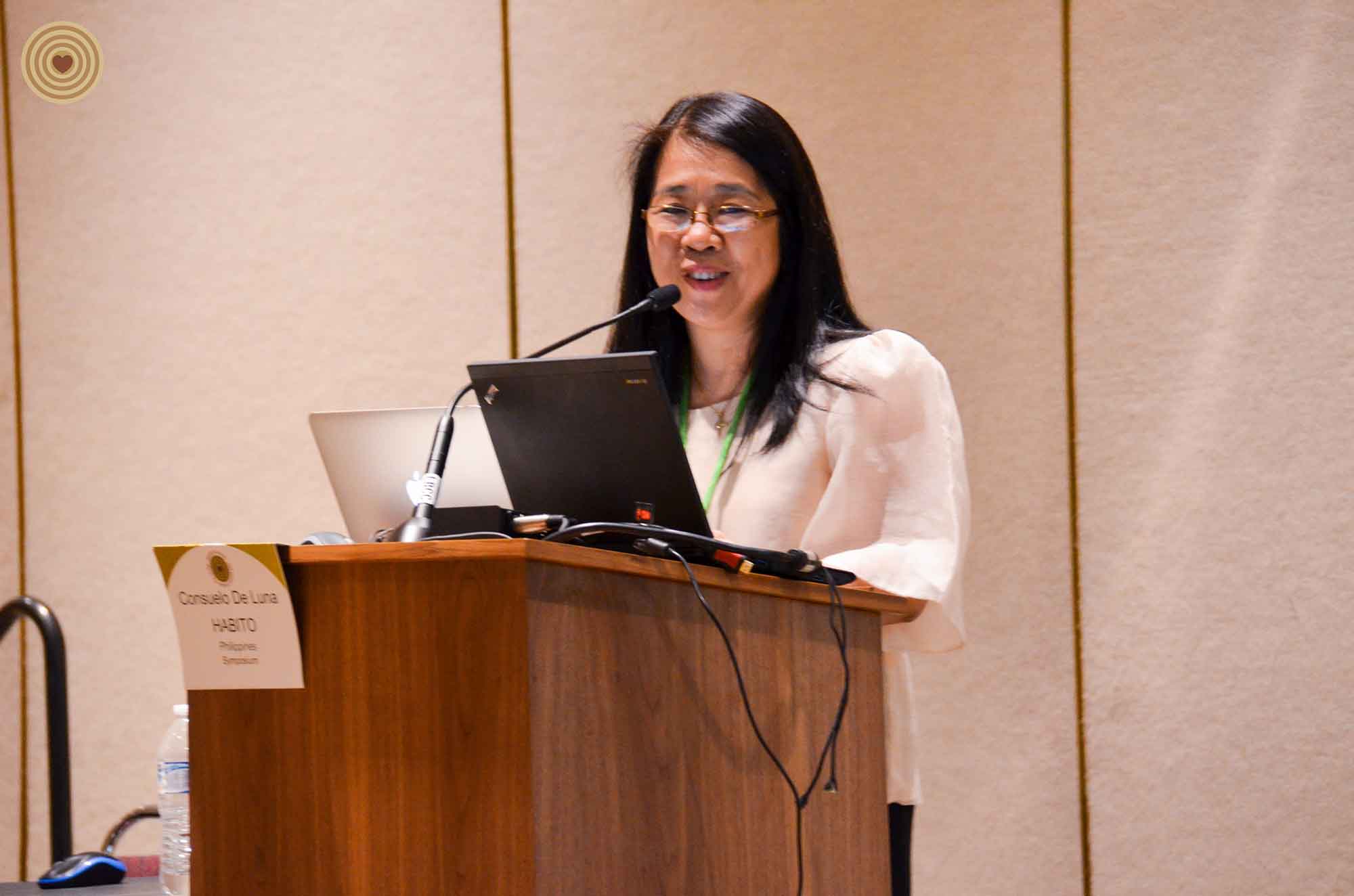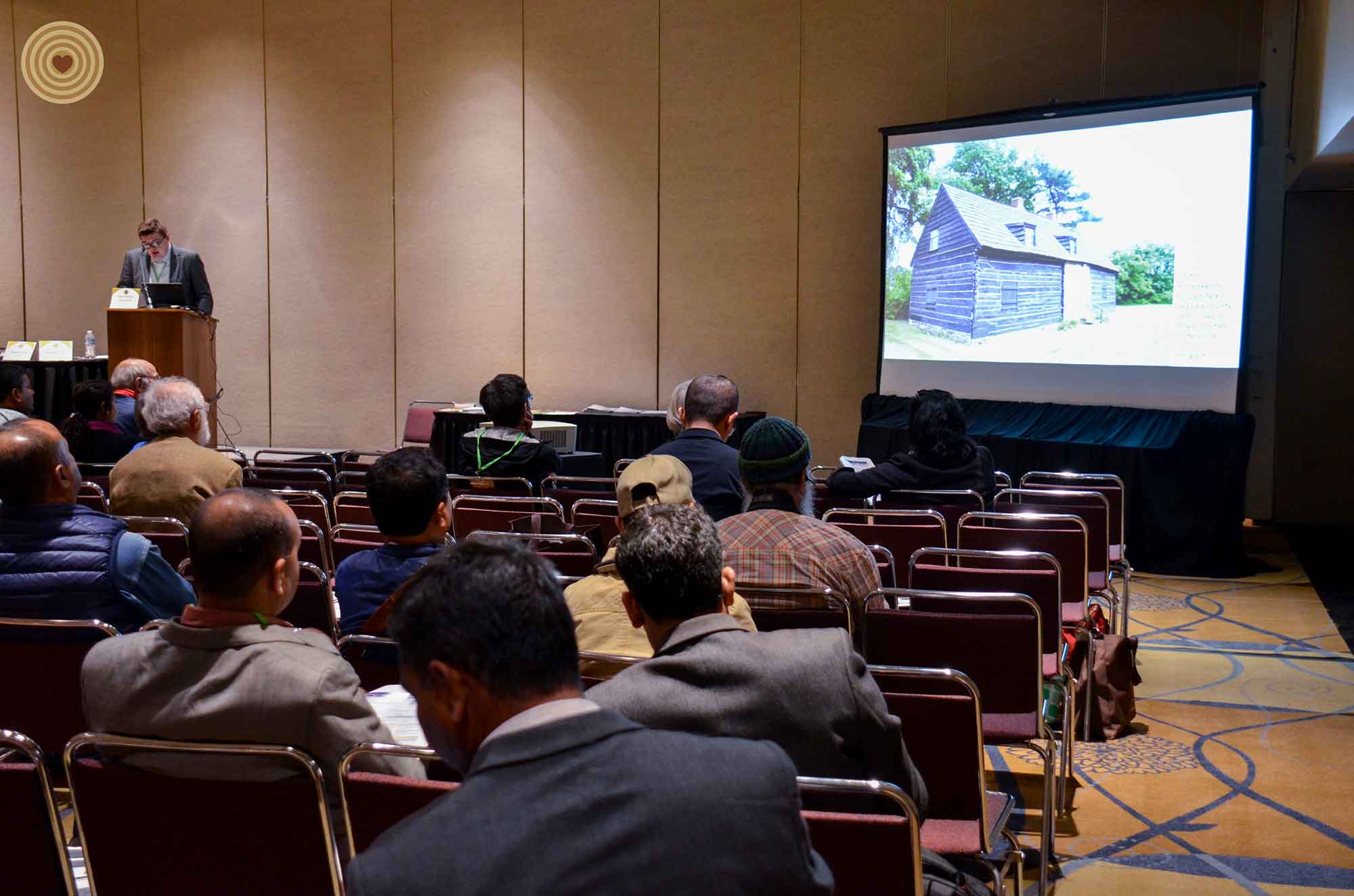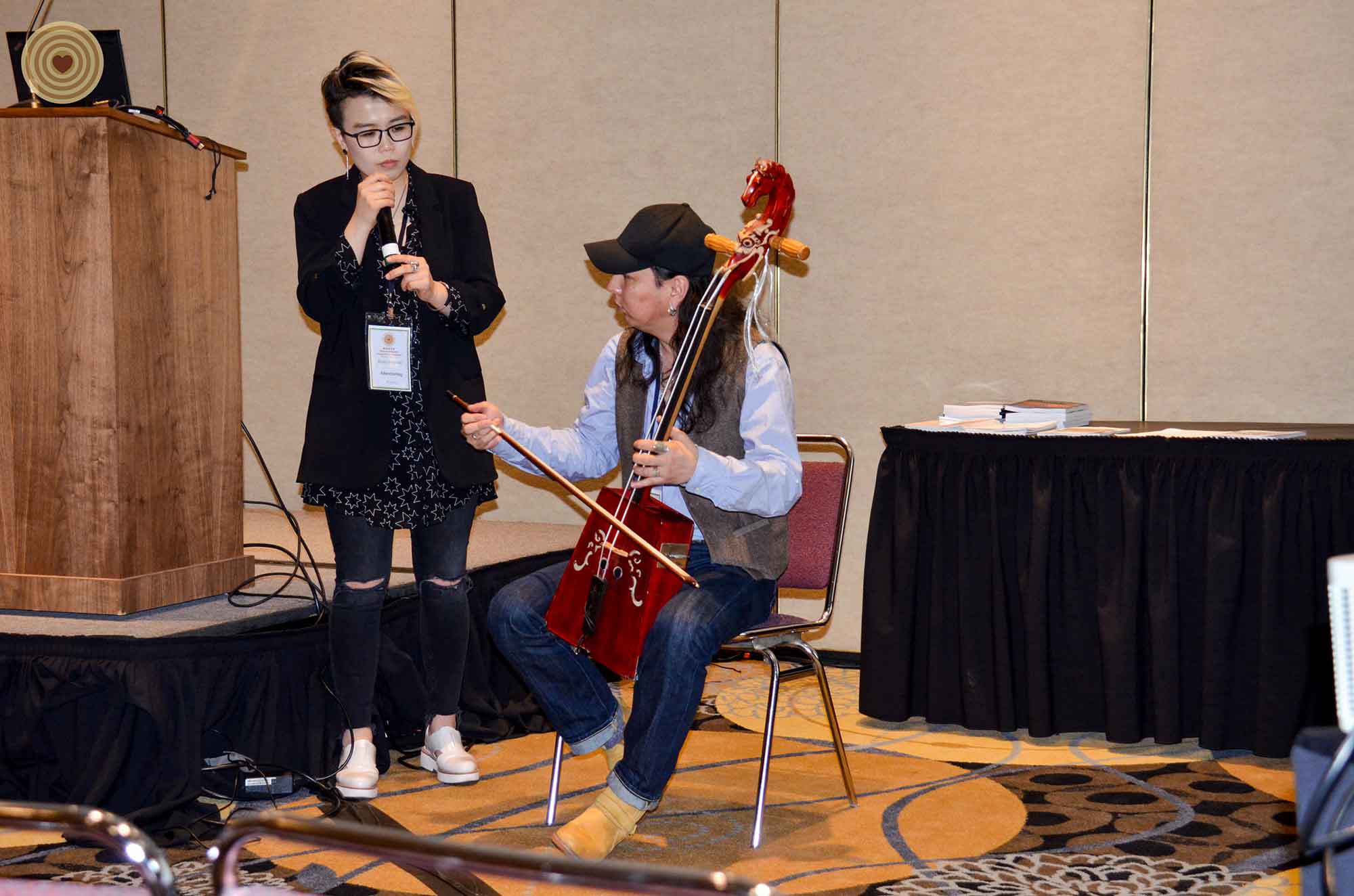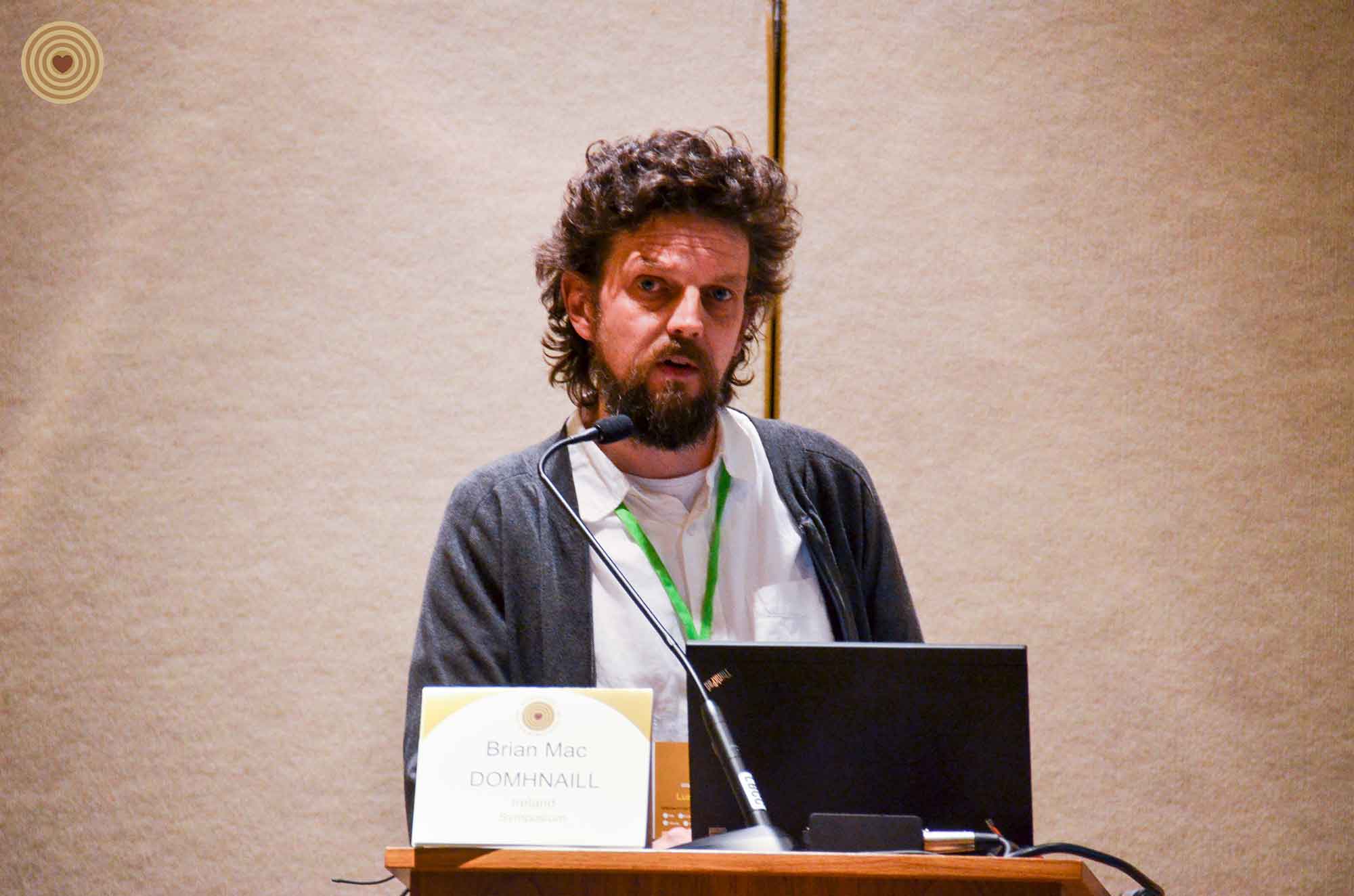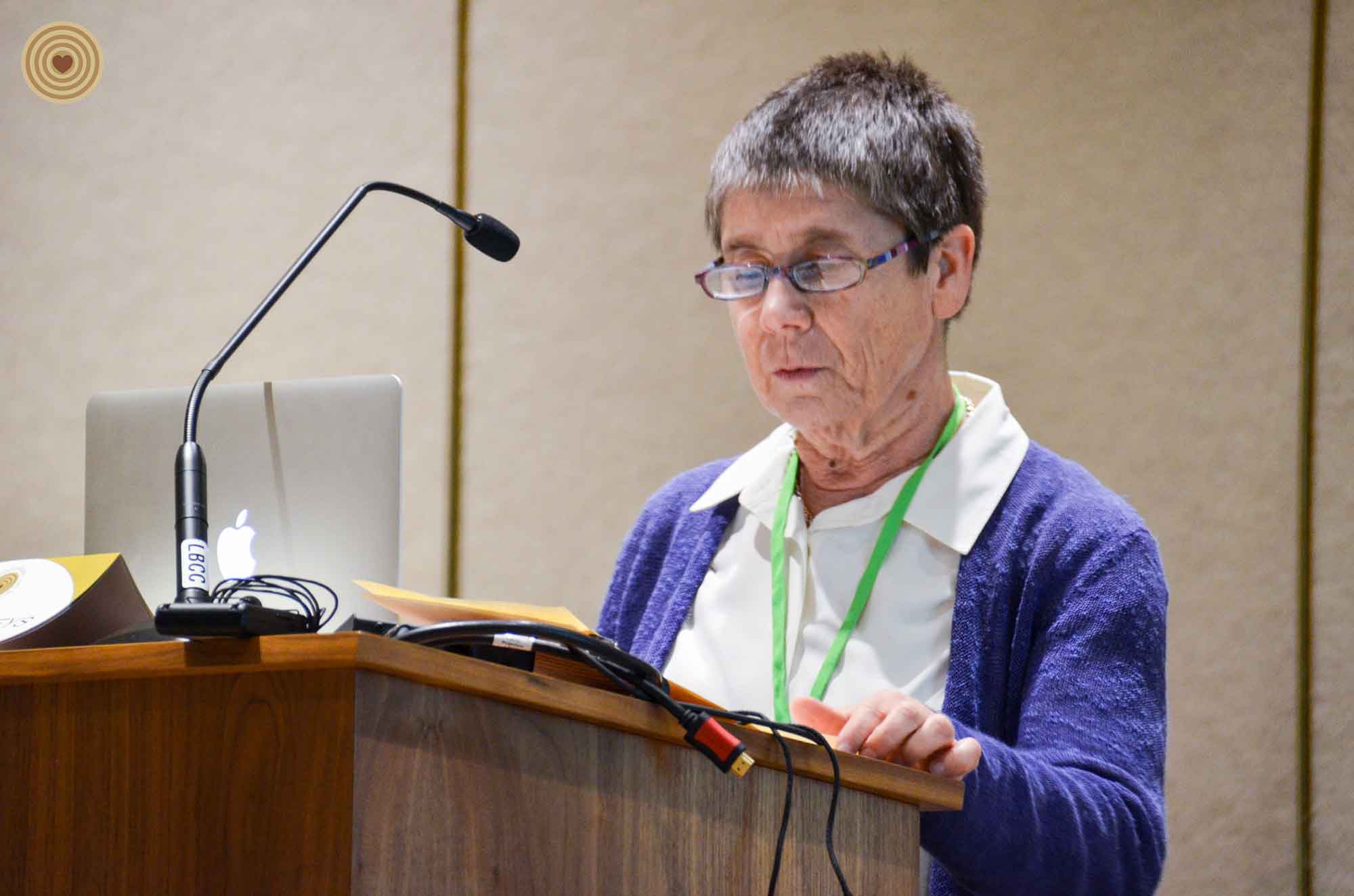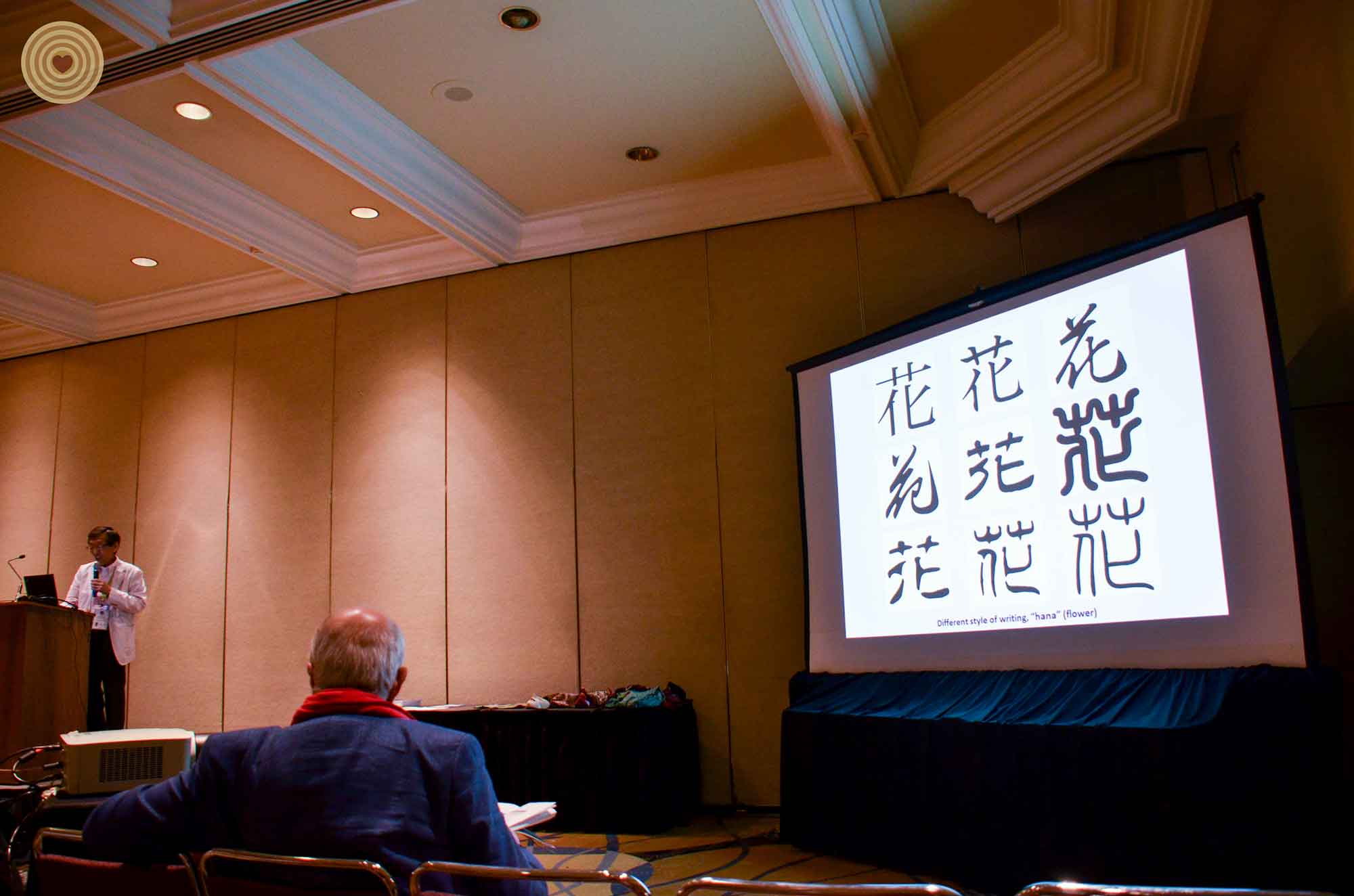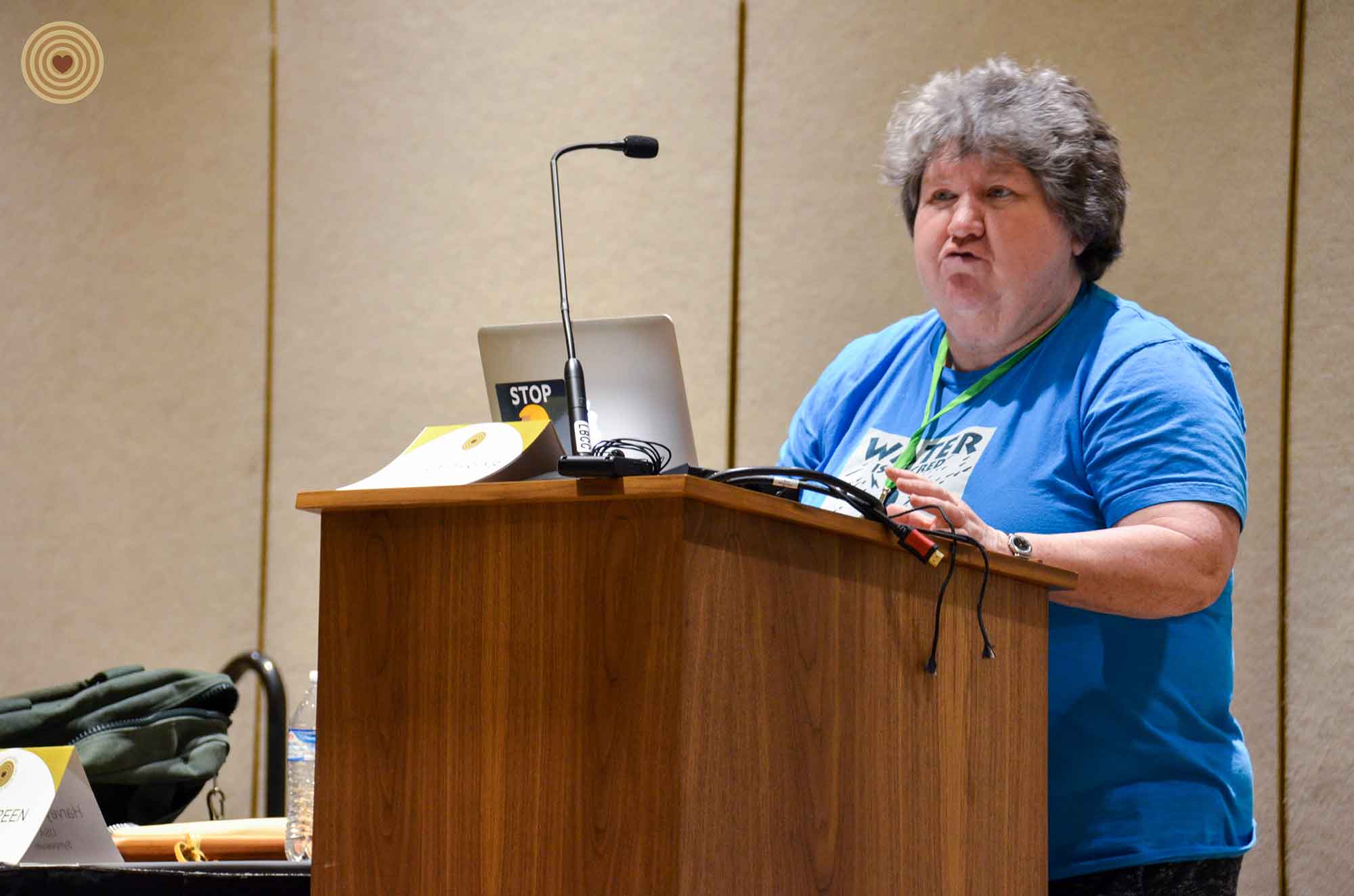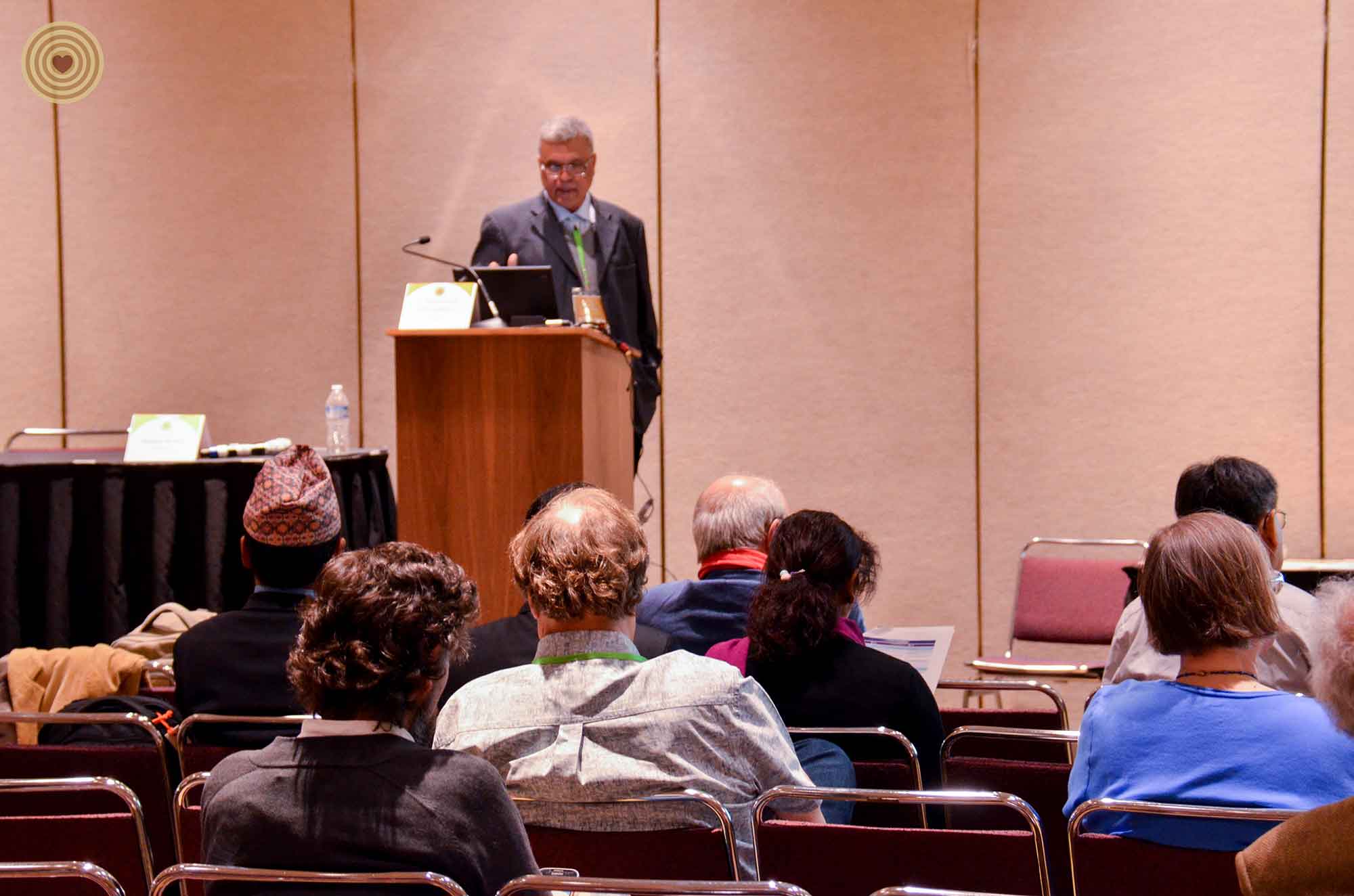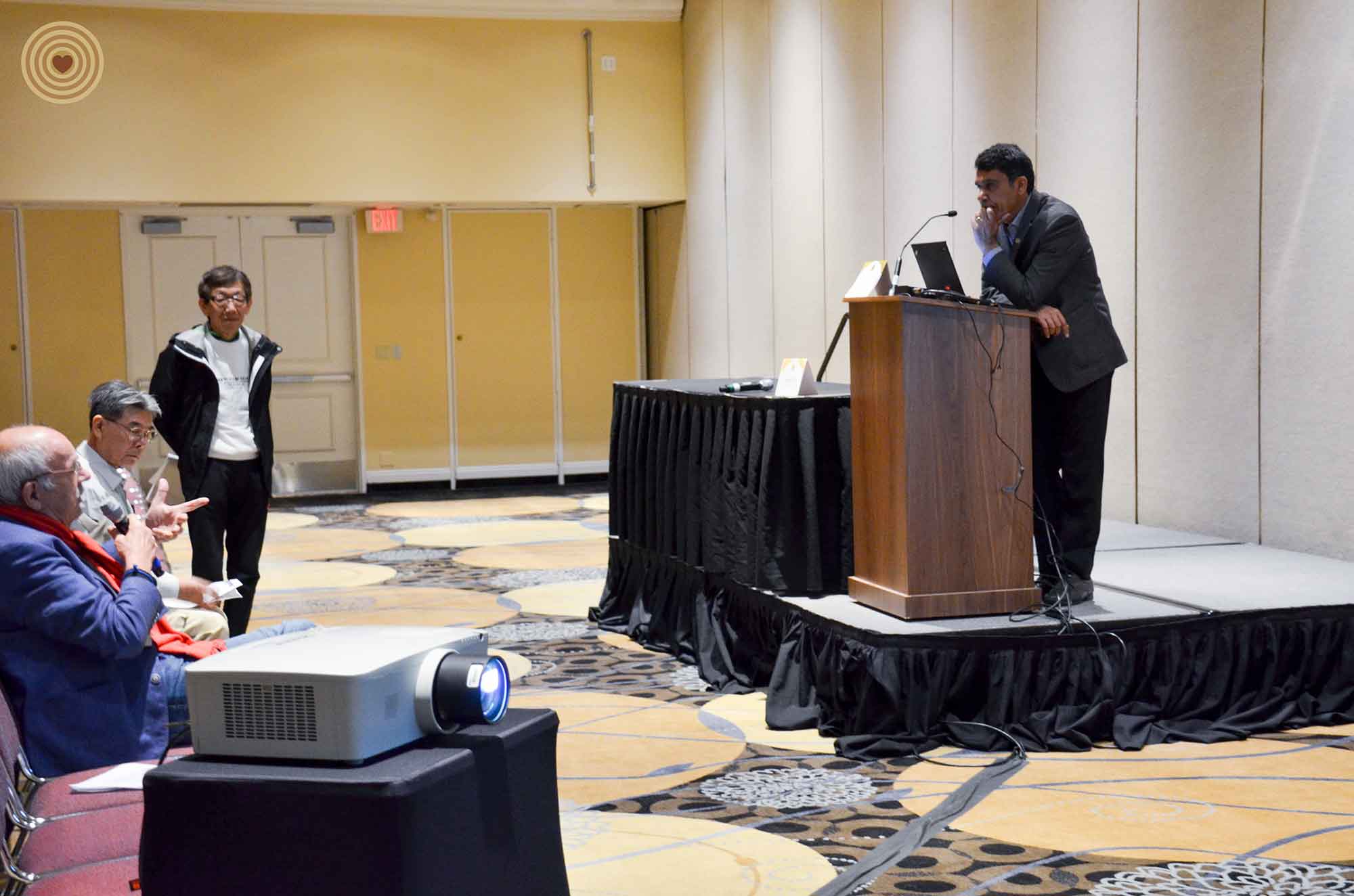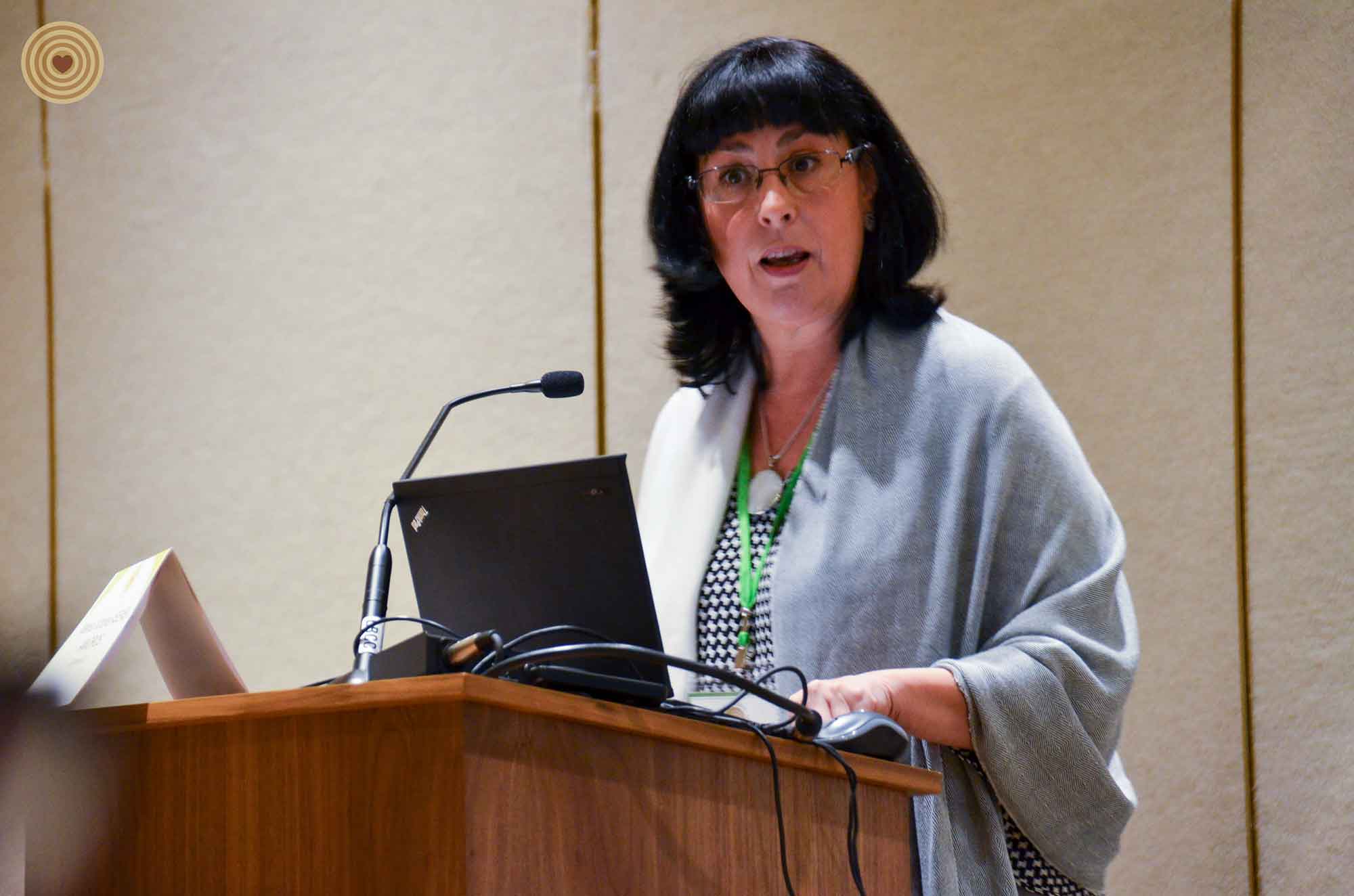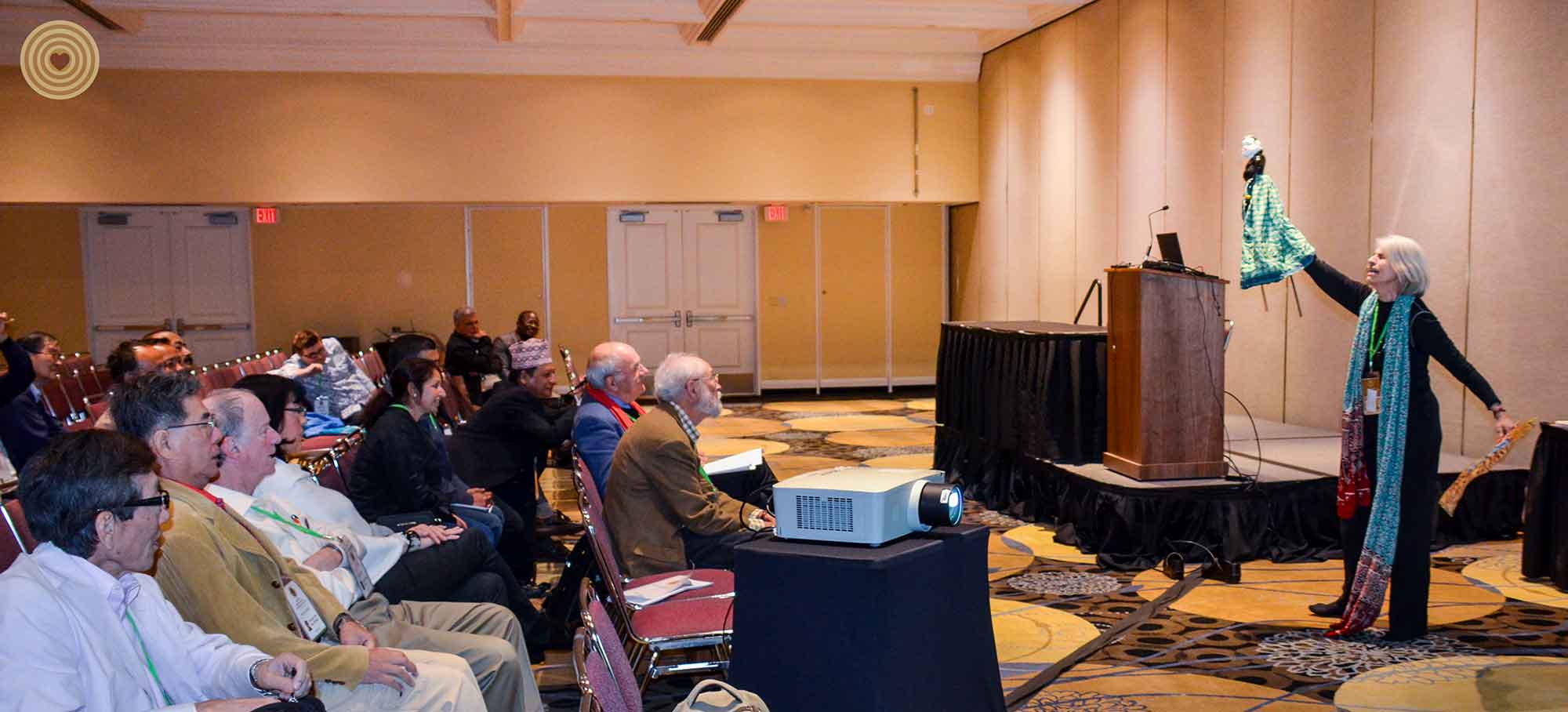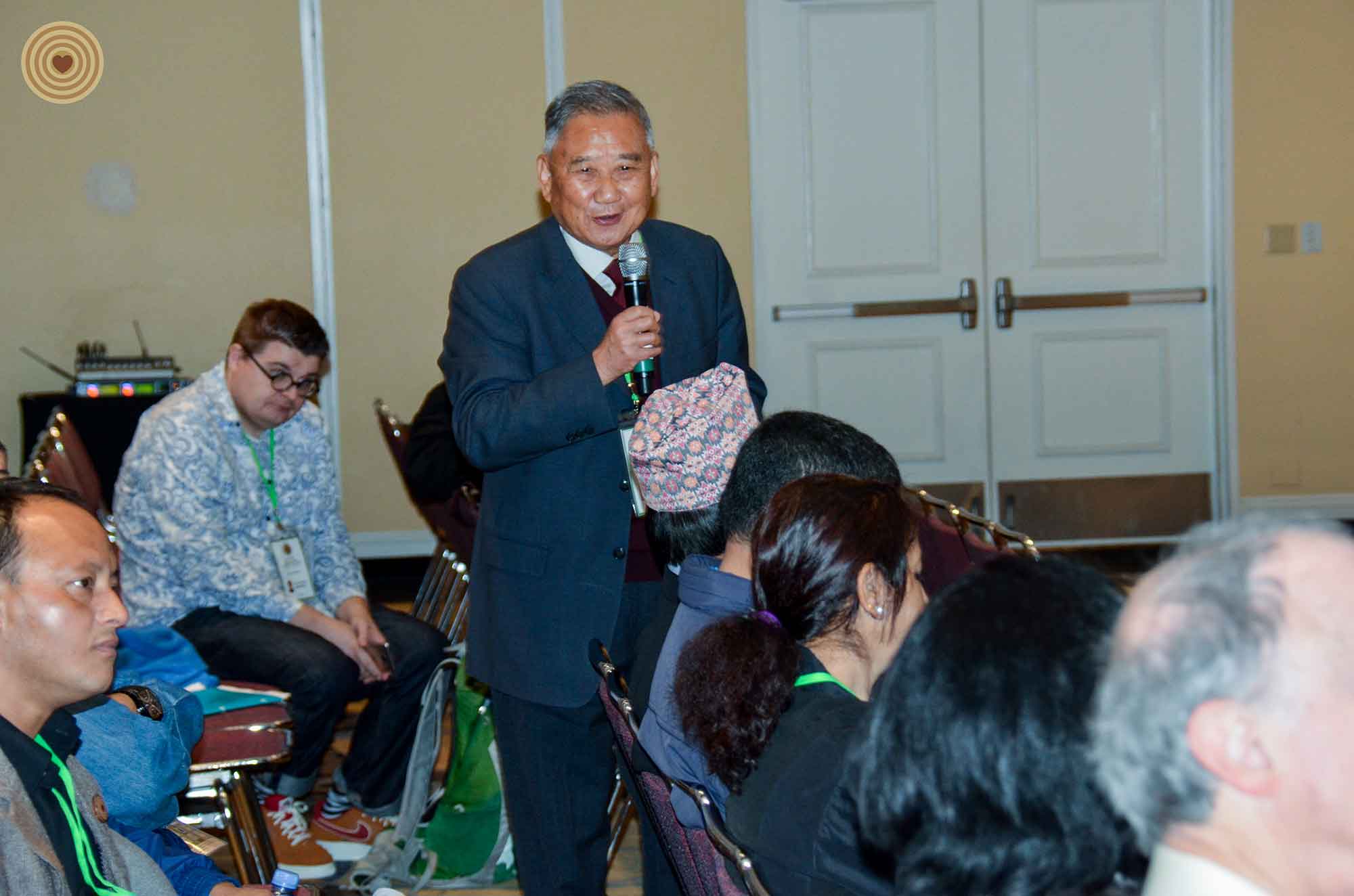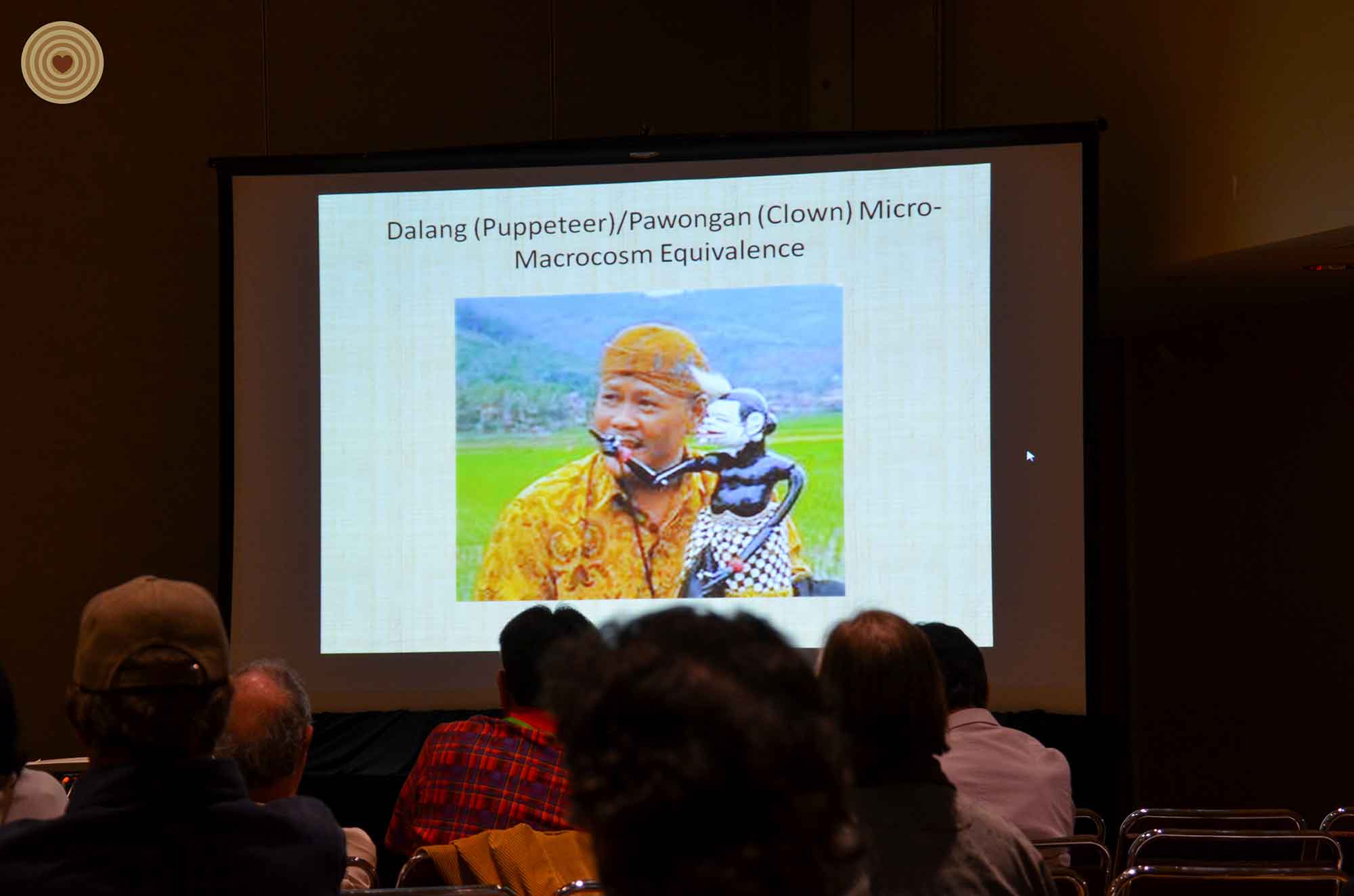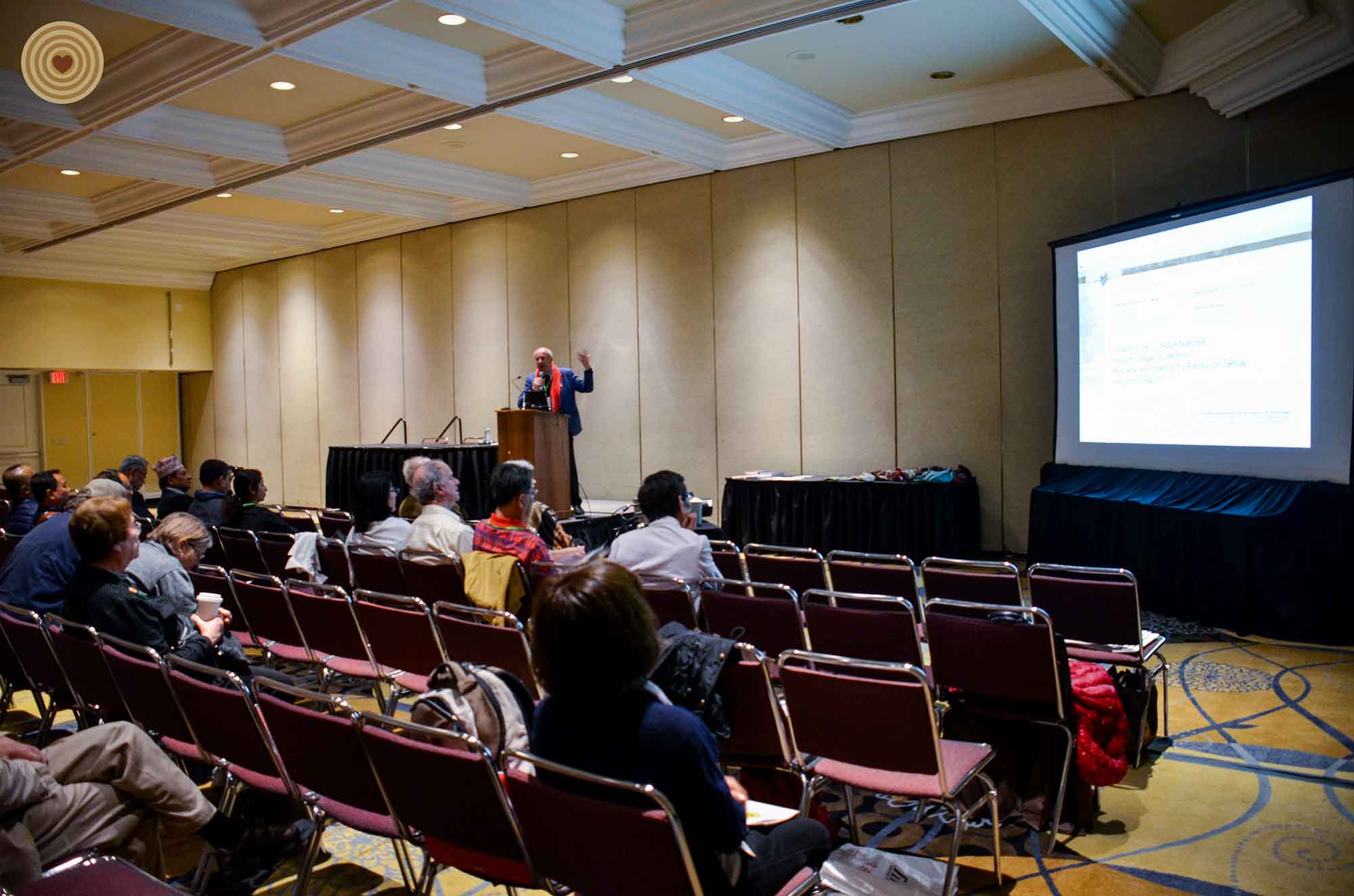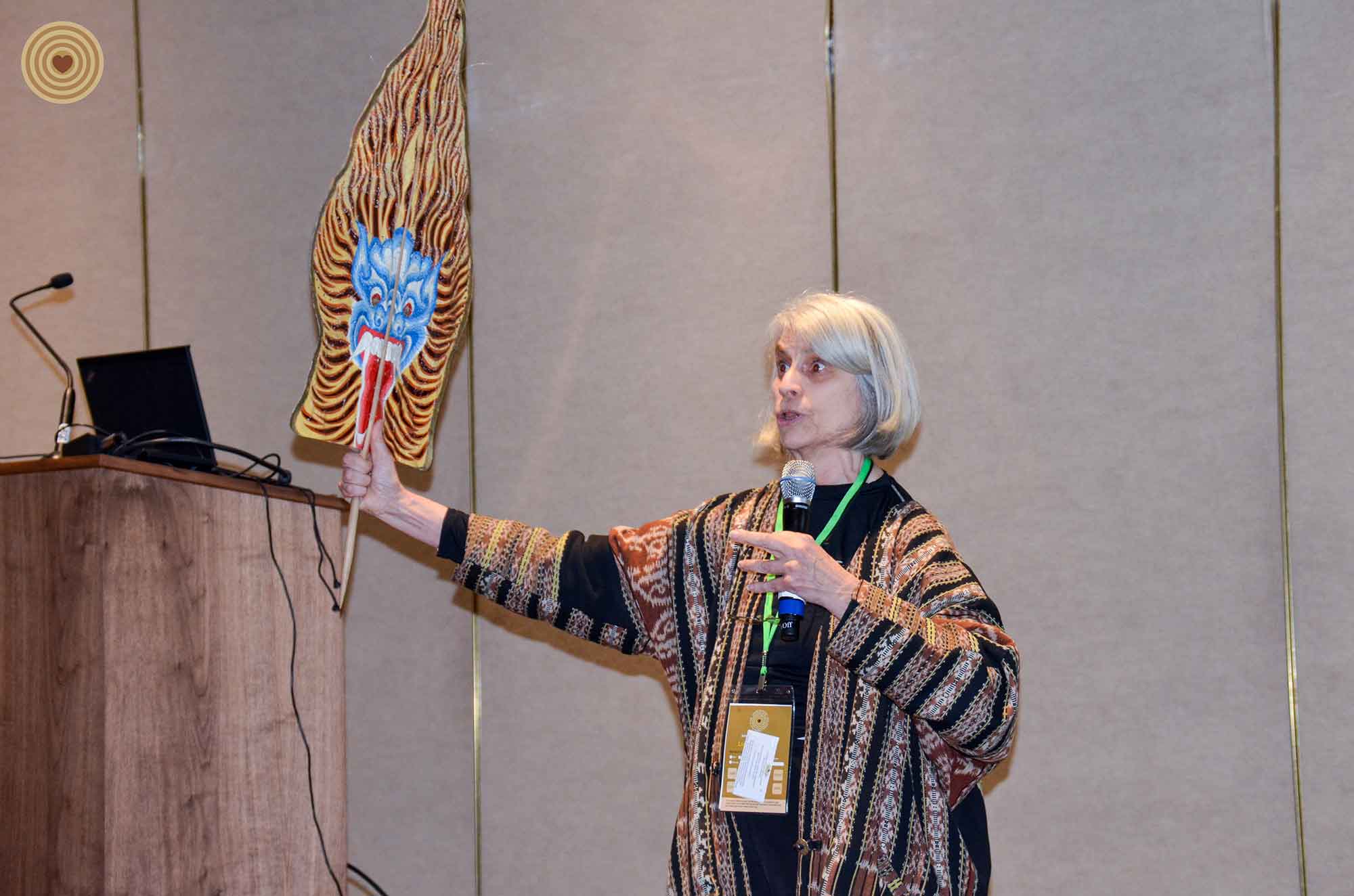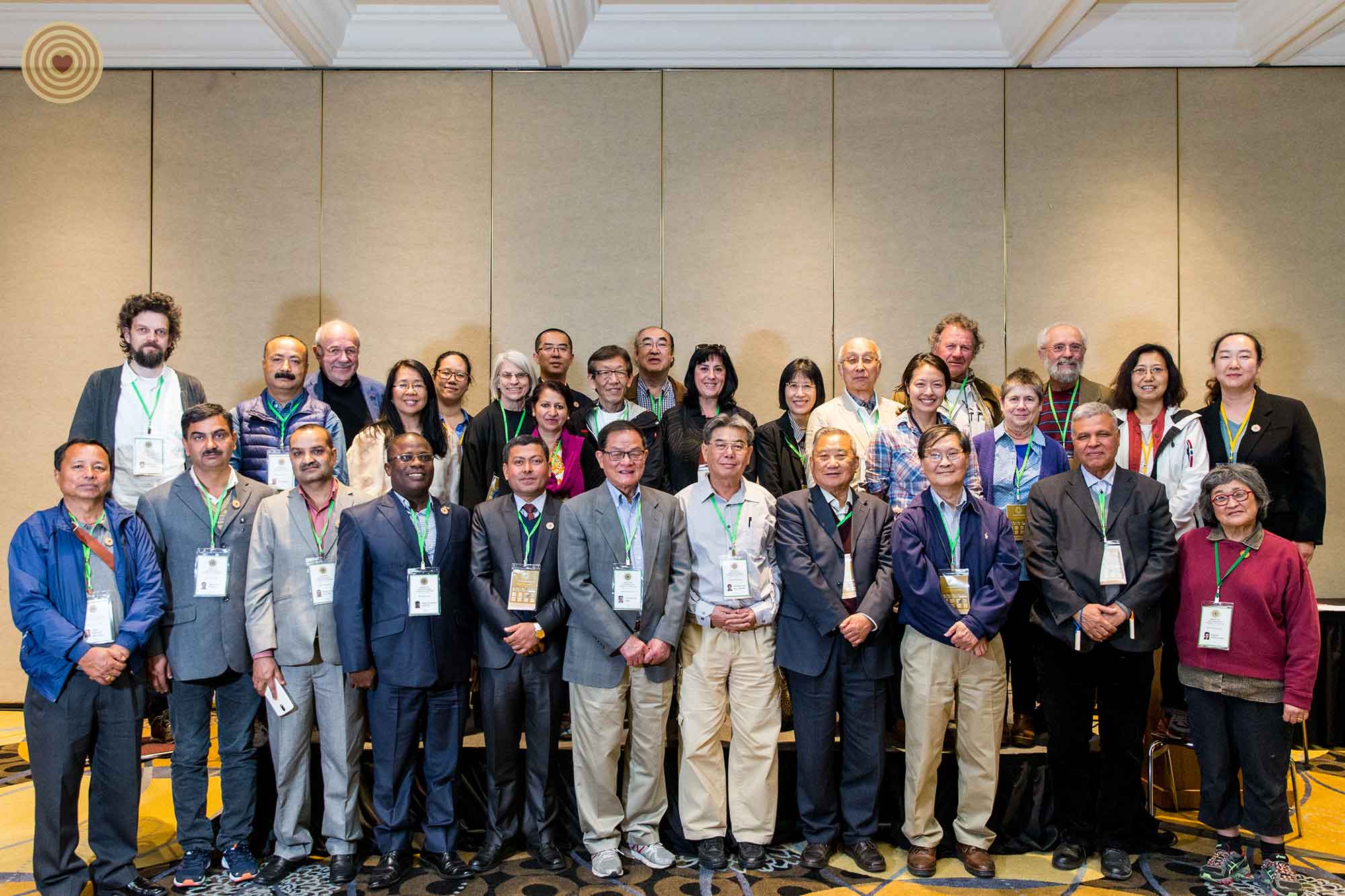2017 USA
- 2017
- USA
- Symposium
- Historical Utilization and Cultural Values
- Traditional Knowledge, Innovations and Practices
- Natural Landscape and Biodiversity Conservation
- Art, Design, Architecture and Music
- International and Domestic Challenges
- Wood and Environmental Education

Symposium
Theme
Roots: Appreciating and Valuing Diversity from Interdisciplinary Approaches
2017 World Wood Day Symposium aims to encourage exchange of ideas, knowledge and experiences derived from wood-related research, strategy and practice, and to draw a close attention to the interrelationship between wood and culture. Focused topics are designed to raise awareness upon current issues around the world and to enhance interdisciplinary discussions, for a better understanding of diversity and towards sustainable development.
Topics
This program is genenously co- sponsored by Maloof Foundation, The Collectors of Wood Art and The Furniture Society.
Click to download Symposium Booklet
Videos
Get in touch
SUPPORT WWD
About WWD
World Wood Day is a cultural event celebrated annually during the week of March 21st to highlight wood as an eco-friendly and renewable biomaterial and to raise awareness on the key role wood plays in a sustainable world. Starting from 2013, WWD celebrations were held in Tanzania, China, Turkey, Nepal, and United States respectively, involving participants from over 100 countries and regions.

